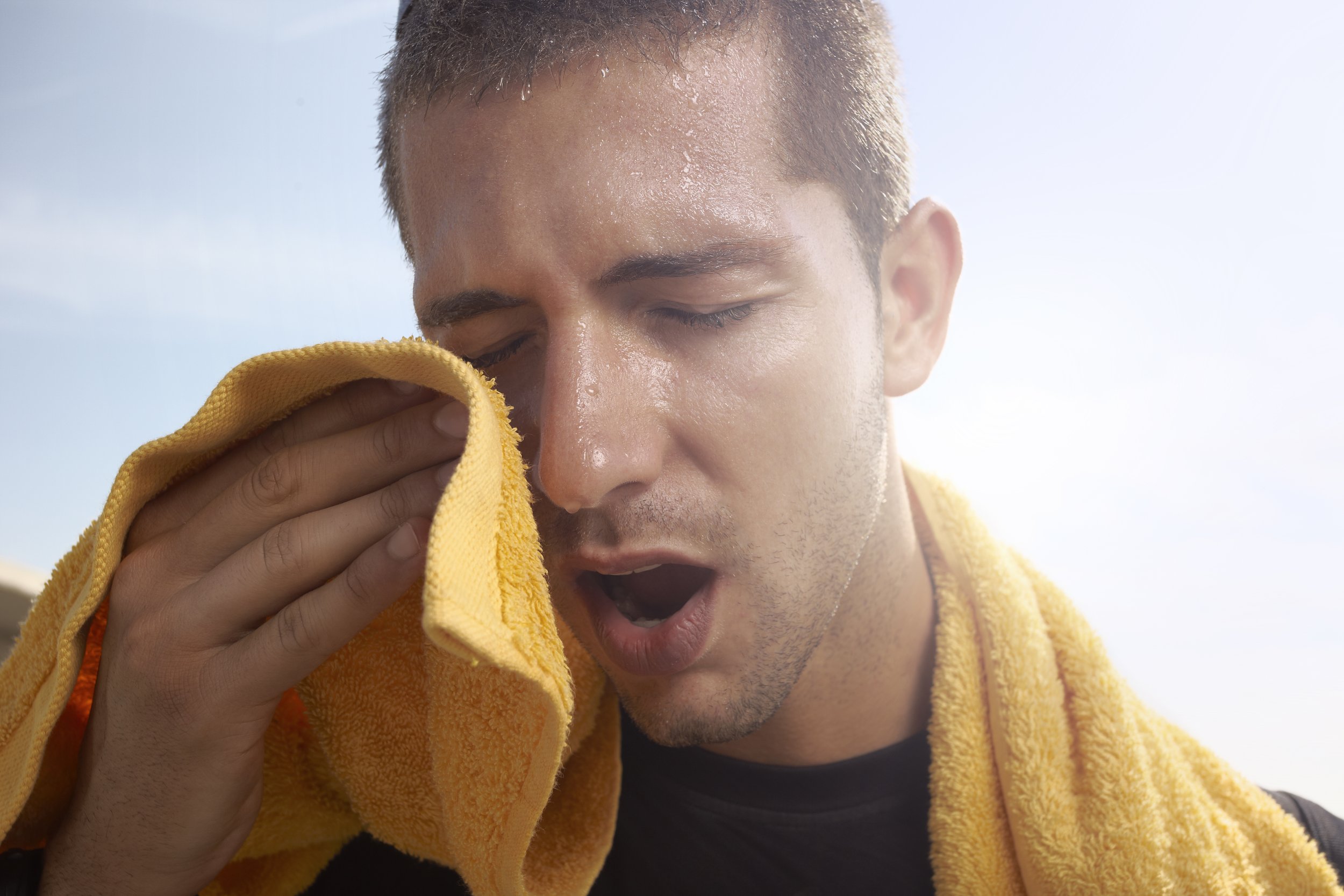Have you ever woken up in the middle of the night drenched in sweat? It is normal to sweat on a summer night or while you are sleeping under a pile of blankets. However, when the episodes occur very often and even while you are sleeping in cool temperatures, it may be a sign of an underlying health condition such as cancer.
What causes night sweats?
Night sweats may occur due to many reasons:
- Hormone changes during menopause
- Excessive drinking of alcohol before bed
- Infections such as tuberculosis or HIV
- Side effects of medications used for depression, hormone treatment or the use of opioids
- Anxiety disorders and stress
- Autoimmune disorders
- Certain types of cancer
Night sweats and cancer
Night sweats are considered an early sign of carcinoid tumors, leukemia, lymphoma, bone cancer, liver cancer and mesothelioma.
Unlike night sweats associated with menopausal changes, those linked to cancer are more persistent and severe. In patients with cancers, night sweats may be accompanied by other symptoms such as fatigue, weight loss and excessive bruising. So, people who experience frequent night sweats should always check for other symptoms and consult a health practitioner.
Lymphoma – It is a cancer of the lymphatic system. In addition to night sweats, other symptoms of lymphoma are lumps in the armpit or groin, fatigue, frequent infections, unexplained weight loss, fever and itching.
Leukemia – Night sweats can be an early sign of blood cancer. Other symptoms of leukemia are fever, loss of appetite, paleness, bruising and weight loss.
Mesothelioma – It is a type of cancer associated with the lining that covers the outer surface of body organs such as the lungs, heart and testicles. The symptoms include breathlessness, cough, bowel obstruction and night sweats.
Although the exact mechanism that causes night sweats in cancer patients is not known, experts believe it happens when cancer cells release substances that raise the body temperature. To cool the body down and bring it back to normal temperature, the body produces excessive sweat.
Night-time excessive perspiration may also be due to hormone changes that accompany cancer. Some treatments related to cancer such as hyperthermia and the use of chemotherapy and morphine can also cause night sweats.
Published by Medicaldaily.com


